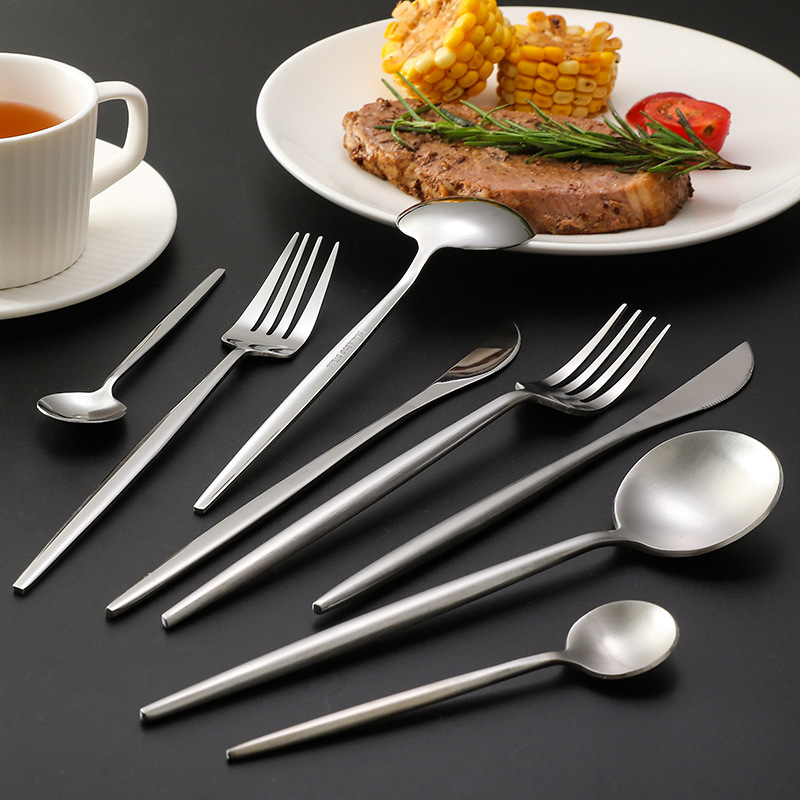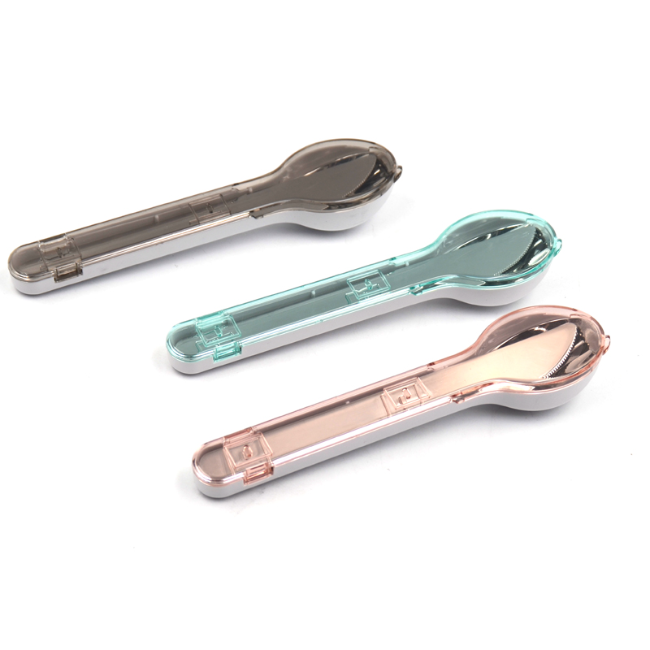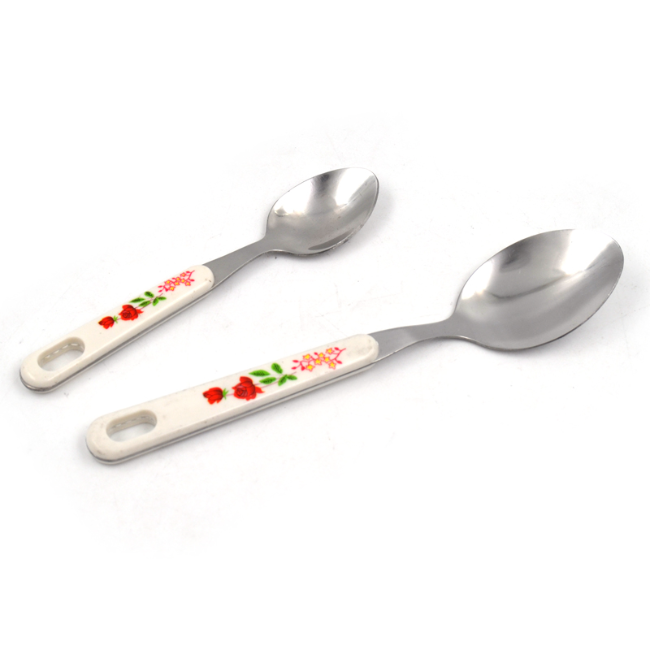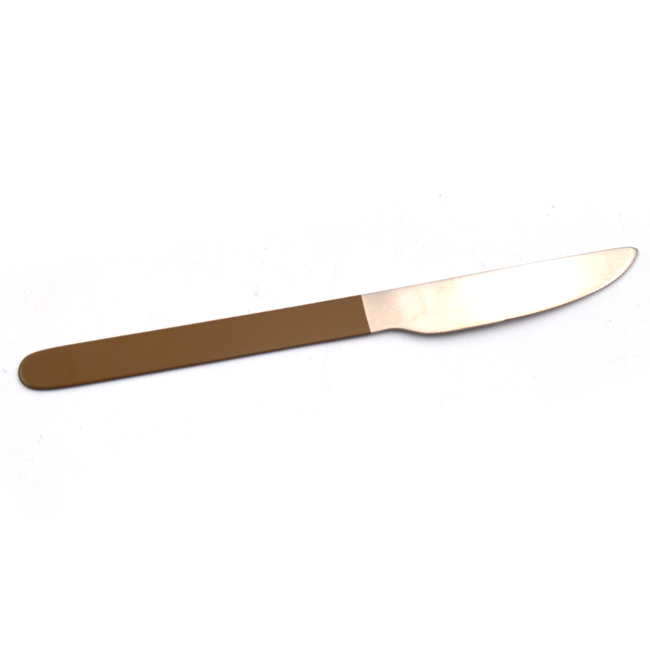
23 May
Does the Dishwasher Harm Cutlery?
Does the Dishwasher Harm Cutlery?Many pe...
Does the Dishwasher Harm Cutlery?
Many people wonder whether placing their cutlery in the dishwasher can cause damage. From scratches to discoloration, there are concerns about the long-term effects of dishwasher use on flatware and utensils. In this article, we’ll discuss whether using a dishwasher can harm your cutlery, how to protect your knives and forks, and provide tips for maintaining the quality of your knife fork spoon set.
1. Can the Dishwasher Damage My Cutlery?
Dishwashers are convenient, but they may not always be the best option for washing your knife set Japanese or Henckels logo cutlery. Although many modern dishwashers are designed to handle delicate items, there are still some risks associated with putting your kitchen knife set Japanese and knife fork spoon set in the machine.
Scratches and Blemishes: The high heat and harsh detergents used in dishwashers can cause scratches on the surface of your cutlery. Over time, this can dull the shine and cause the cutlery to lose its luster.
Rust and Tarnishing: While stainless steel is resistant to rust, it can still be affected by prolonged exposure to high heat and moisture. If your knife fork spoon set has any cracks or imperfections, the dishwasher can cause moisture to seep in, leading to rust.
Handle Damage: Some cutlery, especially those with wooden or plastic handles, can be damaged in the dishwasher. The heat can warp the handles, leading to a loss of grip and functionality.
2. How to Protect Your Cutlery in the Dishwasher
If you must use the dishwasher for washing your knife set Japanese or Henckels logo flatware, here are some tips to protect your cutlery:
Use the Top Rack: Always place knives, forks, and spoons on the top rack of the dishwasher, as this is where the water pressure is less intense.
Avoid High Heat: Opt for a dishwasher cycle with a lower temperature setting, if possible. High heat can cause damage to both the cutlery and the dishwasher itself.
Use a Cutlery Basket: Place your knife fork spoon set in a cutlery basket or tray to prevent them from moving around during the wash cycle. This will reduce the risk of scratching or bending.
3. Should I Hand Wash My Cutlery Instead?
Hand washing is always the safest option for preserving the quality of your knife fork spoon set. While it’s more time-consuming, hand washing allows you to gently clean your cutlery without the risk of damage from the dishwasher.
For Japanese handmade knives and Henckels logo cutlery, hand washing with warm water and mild soap is recommended to ensure longevity. Avoid soaking your knife set Japanese for extended periods, and dry them thoroughly with a soft cloth to prevent rust and tarnishing.
4. The Impact of Dishwashers on Knife Blades
When it comes to kitchen knife sets, the dishwasher can cause the most harm. Japanese handmade knives, known for their sharpness, can lose their edge and dull more quickly if placed in the dishwasher. The heat, detergent, and abrasive action of the dishwasher can erode the blade’s edge, making it harder to maintain its sharpness.
5. Conclusion: Does the Dishwasher Harm Cutlery?
In conclusion, while it’s convenient to use the dishwasher, it can potentially harm your cutlery, especially items with delicate or wooden handles, and fine blades like Japanese handmade knives. To protect your Henckels logo and knife fork spoon set, consider hand washing them whenever possible and following the care tips above to extend the lifespan of your cutlery.





